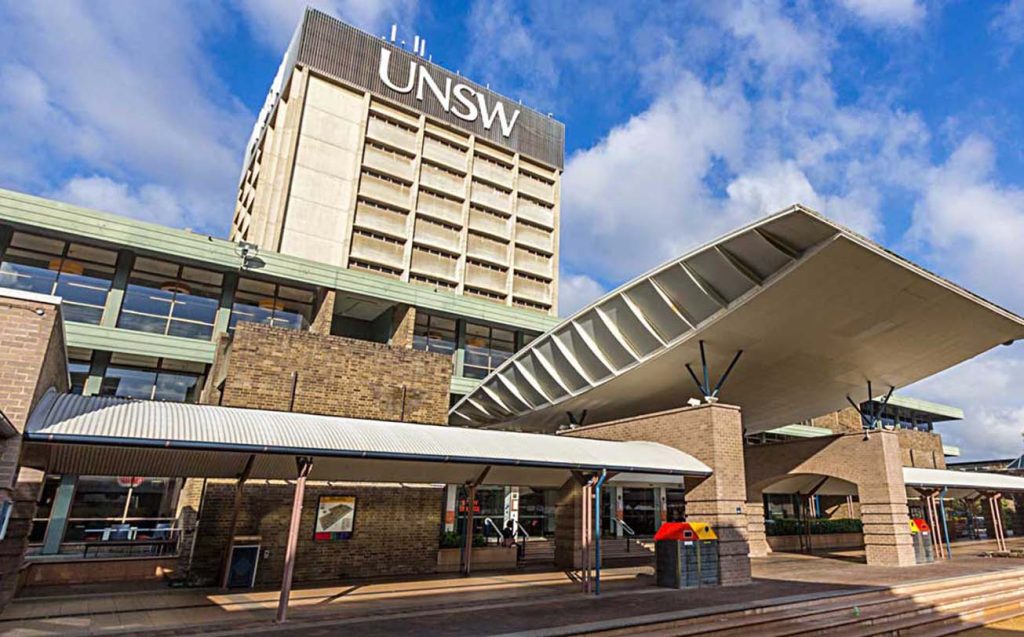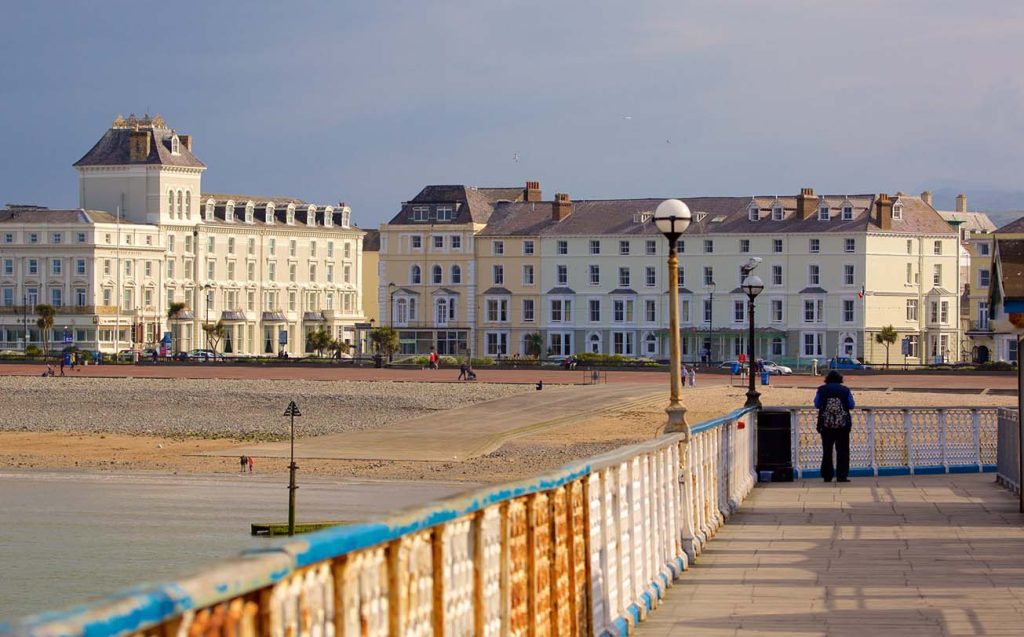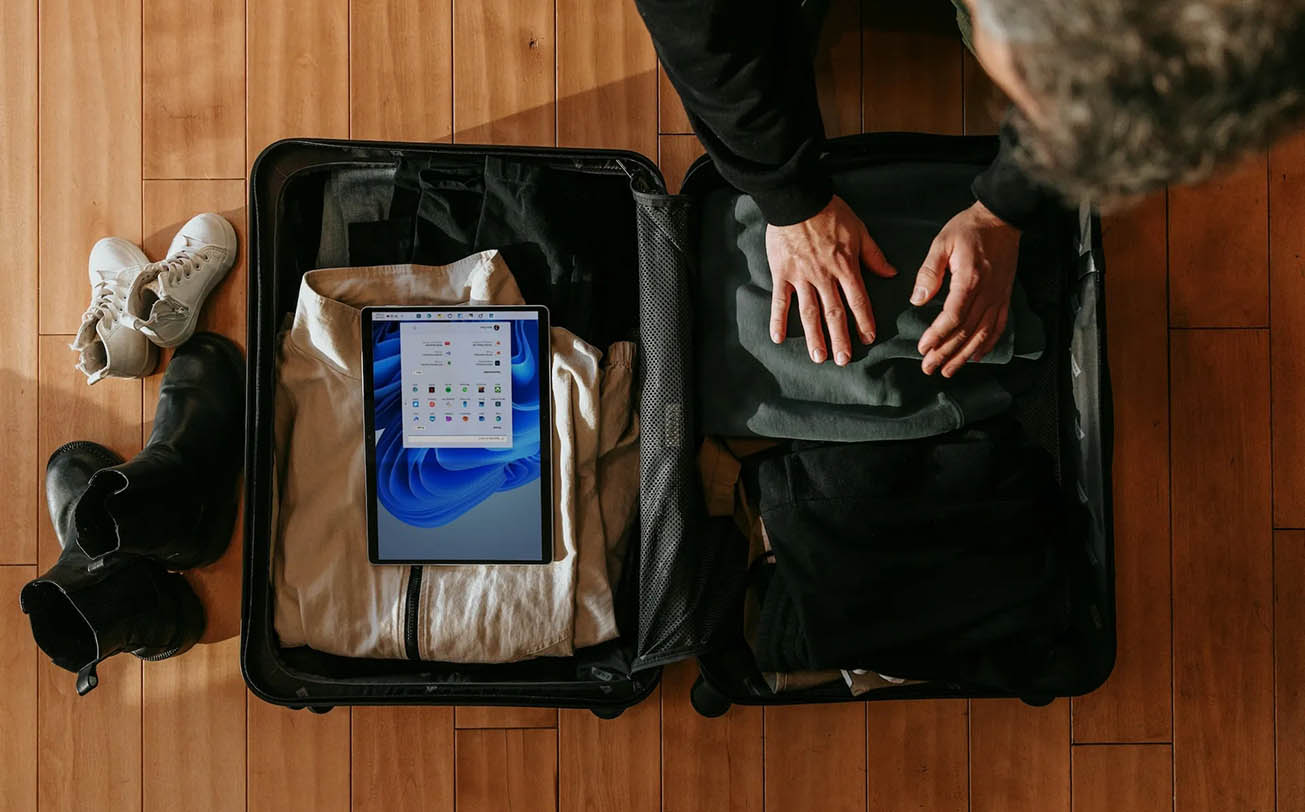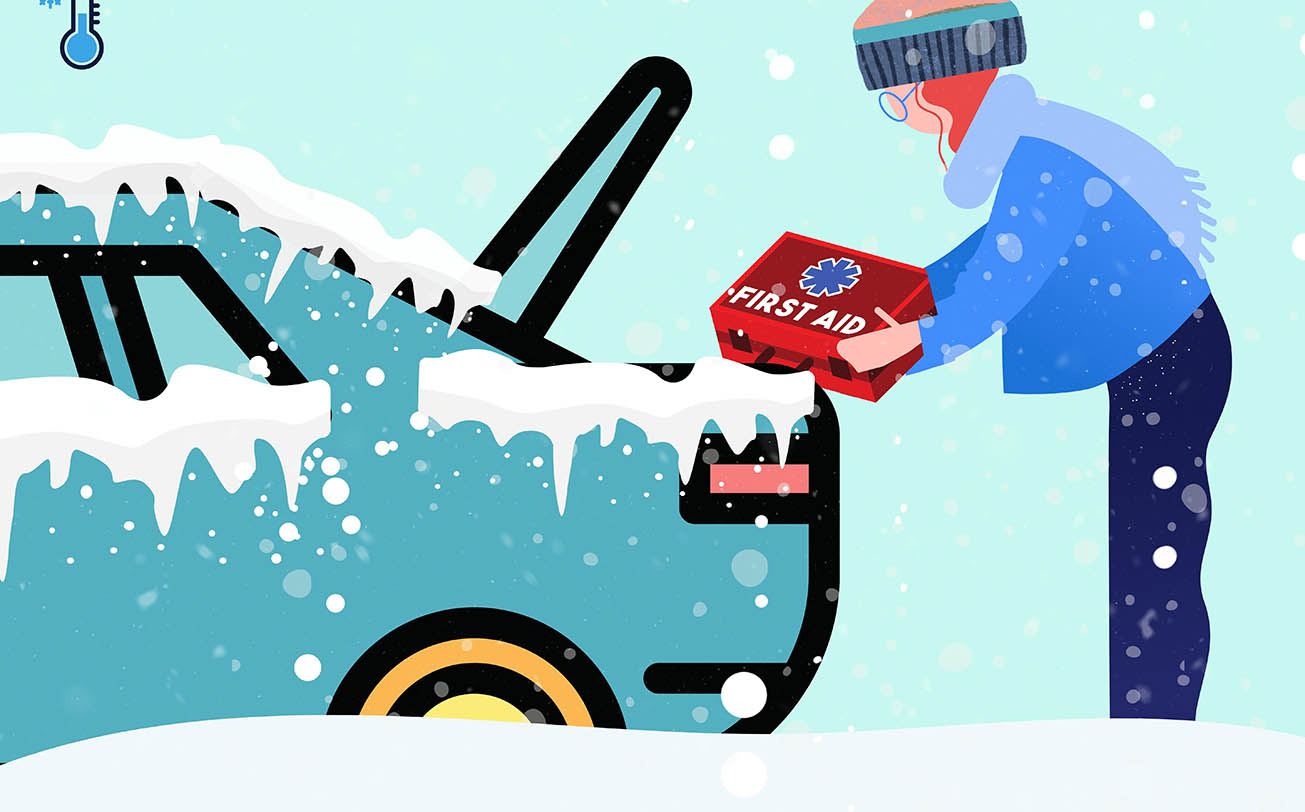Essential Items to Pack
- Waterproof jacket: Wales’ weather can be unpredictable, so it’s wise to pack a waterproof jacket to stay dry during rainy spells.
- Comfortable walking shoes: With its stunning landscapes and historic sites, Wales is perfect for exploring on foot. Be sure to pack comfortable walking shoes for your adventures.
- Universal adapter: Don’t forget to pack a universal adapter to charge your electronic devices, as Wales uses British plug sockets.
- Sunscreen and sunglasses: Even on cloudy days, UV rays can be strong. Protect your skin and eyes with sunscreen and sunglasses.
- Guidebook or map: While smartphones are handy, having a guidebook or map can be useful, especially in areas with limited cell service.
Dressing for Travel
- Layering: Wales’ weather can change quickly, so dressing in layers allows you to adjust to temperature changes throughout the day.
- Waterproof clothing: In addition to a waterproof jacket, consider packing waterproof trousers or pants to stay dry during outdoor activities.
Cultural Tips
- Language: While English is widely spoken, Welsh (Cymraeg) is also an official language. Learning a few basic Welsh phrases can enhance your cultural experience.
- Respect local customs: Be respectful when visiting religious sites or participating in cultural events. Follow dress codes and guidelines for photography.
- Tipping: Tipping is not mandatory in Wales but is appreciated for exceptional service.

Travel Equipment
- Backpack: A lightweight, durable backpack is essential for carrying essentials during day trips and excursions.
- Water bottle: Stay hydrated while exploring by carrying a reusable water bottle.
- Camera: Capture memories of your trip with a camera or smartphone equipped with a good camera.
Currency Exchange
When traveling to Wales, it’s important to familiarize yourself with the local currency and exchange options to ensure smooth financial transactions during your trip.
Currency Used in Wales: The official currency used in Wales is the British Pound Sterling (£ GBP). Denoted by the symbol “£,” the pound is subdivided into 100 smaller units called pence (p). Banknotes come in denominations of £5, £10, £20, and £50, while coins are available in 1p, 2p, 5p, 10p, 20p, 50p, £1, and £2.
Currency Exchange Services: Currency exchange services are readily available at various locations throughout Wales. Major airports, such as Cardiff Airport and Bristol Airport, have currency exchange desks where you can convert your currency to GBP upon arrival. Additionally, banks and currency exchange offices in major cities like Cardiff, Swansea, and Wrexham offer currency exchange services during regular business hours.
When exchanging currency, it’s essential to consider the prevailing exchange rates and any associated fees or commissions charged by the exchange service provider. Exchange rates may vary depending on the provider, so it’s advisable to compare rates to secure the best deal for your currency exchange needs.
ATMs in Wales: Automated Teller Machines (ATMs), also known as cash machines or cash points, are widely available throughout Wales, particularly in urban areas and popular tourist destinations. ATMs accept major international credit and debit cards, including Visa, Mastercard, American Express, and Maestro.
Using ATMs to withdraw cash is often a convenient and cost-effective option for accessing funds during your travels. However, it’s essential to be mindful of any associated fees or charges imposed by your bank for international ATM withdrawals. These fees may include foreign transaction fees, currency conversion fees, and ATM usage fees, so it’s advisable to check with your bank before traveling to understand the costs involved.
When using ATMs in Wales, be sure to take necessary precautions to protect your personal and financial information. Choose ATMs located in well-lit and secure areas, and shield your PIN from view while entering it. Additionally, be cautious of skimming devices or suspicious activity around ATMs and report any concerns to the relevant authorities immediately.
Budgeting
- Plan your budget carefully to account for accommodation, transportation, meals, activities, and souvenirs.
- Consider using a travel budgeting app or spreadsheet to track expenses and stay within your budget.
Using Public Transportation
- Wales has an extensive public transportation network, including buses and trains, making it easy to travel between cities and attractions.
- The Cardiff Metro is a convenient way to navigate Cardiff and its surrounding areas, with regular services and multiple ticket options available.
Obtaining a Metro Card
- Visitors to Cardiff can purchase a Cardiff Bus & Railcard, which offers discounted fares on buses and trains within the city and surrounding areas.
- Cards can be purchased at Cardiff Central Railway Station or select ticket offices and online.
Street Food Recommendations
Exploring the culinary delights of Wales wouldn’t be complete without indulging in the rich flavors of traditional street food.
Welsh Cakes: These delightful treats are a quintessential part of Welsh cuisine. Made from a simple dough of flour, butter, sugar, and currants, Welsh cakes are griddled to perfection, resulting in a crispy exterior and a soft, buttery interior. Whether enjoyed plain or with a dollop of jam and cream, Welsh cakes are sure to satisfy your sweet cravings.
Bara Brith: Translating to “speckled bread” in Welsh, bara brith is a beloved fruit loaf that has been a staple of Welsh teatime for centuries. Packed with dried fruits such as raisins, currants, and sultanas, bara brith is infused with warm spices like cinnamon and nutmeg, giving it a rich and aromatic flavor. Sliced thickly and slathered with butter, bara brith is the perfect accompaniment to a cup of tea or coffee.
Cawl: A hearty and wholesome dish, cawl is a traditional Welsh soup that showcases the best of Wales’ local produce. Typically made with lamb or beef, root vegetables, leeks, and barley, cawl is slow-cooked to perfection, allowing the flavors to meld together into a comforting and nourishing meal. Served piping hot with crusty bread on the side, cawl is a satisfying option for those chilly Welsh days.
When seeking out these delectable dishes, be sure to explore the vibrant street food scene of Wales. Local markets and street food stalls offer a treasure trove of culinary delights, where you can sample freshly prepared Welsh cakes, bara brith, and cawl, lovingly crafted by skilled artisans. Immerse yourself in the bustling atmosphere of food festivals and farmers’ markets, where you can mingle with local producers and sample a diverse array of regional delicacies.
At food festivals, you’ll find stalls showcasing the best of Welsh cuisine, from artisanal cheeses and freshly baked bread to locally sourced meats and seafood. Farmers’ markets offer a similar experience, with vendors selling a wide range of seasonal produce, homemade preserves, and baked goods. Take the opportunity to chat with the vendors, learn about their products, and savor the flavors of Wales’ culinary heritage.
Whether you’re exploring the streets of Cardiff, strolling through the picturesque towns of Conwy or Aberystwyth, or venturing into the countryside, you’re sure to encounter plenty of opportunities to indulge in traditional Welsh street food. So don’t miss out on the chance to savor these iconic dishes and immerse yourself in the rich culinary traditions of Wales during your travels.
Street Food Safety Tips
- Choose vendors with clean and hygienic food preparation practices.
- Check that food is cooked thoroughly and served hot.
- Wash your hands before and after eating, or use hand sanitizer if handwashing facilities are not available.
Obtaining a Local SIM Card
- Purchase a local SIM card from major mobile network providers such as EE, O2, or Vodafone for access to mobile data and calls during your stay.
- SIM cards can be purchased at convenience stores, supermarkets, and mobile network shops.

Planning a 5-Day Itinerary
- Day 1: Explore Cardiff, including Cardiff Castle, Cardiff Bay, and the National Museum Cardiff.
- Day 2: Visit Snowdonia National Park for hiking, scenic drives, and outdoor adventures.
- Day 3: Discover the beauty of Brecon Beacons National Park, with opportunities for hiking, biking, and wildlife spotting.
- Day 4: Explore historic towns such as Conwy and Caernarfon, with their medieval castles and charming streets.
- Day 5: Relax and unwind in the coastal towns of Tenby or Aberystwyth, with their sandy beaches and seaside attractions.
Adjusting Your Budget
- Consider staying in budget accommodations such as hostels or guesthouses to save money on accommodation.
- Opt for local eateries and street food stalls for affordable dining options.
- Take advantage of free or low-cost attractions, such as parks, museums, and walking tours.
Recommended Day Trips
- Visit the charming town of Hay-on-Wye, known for its bookshops and literary festivals.
- Explore the scenic Gower Peninsula, with its stunning beaches, cliffs, and coastal walks.
- Take a trip to the picturesque village of Portmeirion, famous for its colorful architecture and gardens.
Insurance Recommendations
- Consider purchasing travel insurance to protect yourself against unexpected events such as trip cancellations, medical emergencies, or lost luggage.
- Trusted travel insurance providers include World Nomads, Allianz Global Assistance, and Travel Guard.
Traveling to Wales offers a wealth of experiences for visitors to enjoy, from exploring historic sites to savoring local cuisine. By following these practical tips, you can make the most of your trip and create lasting memories in this beautiful and culturally rich country.




